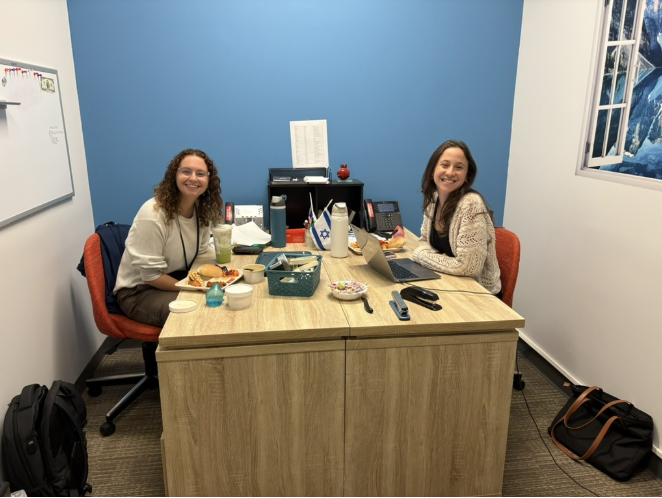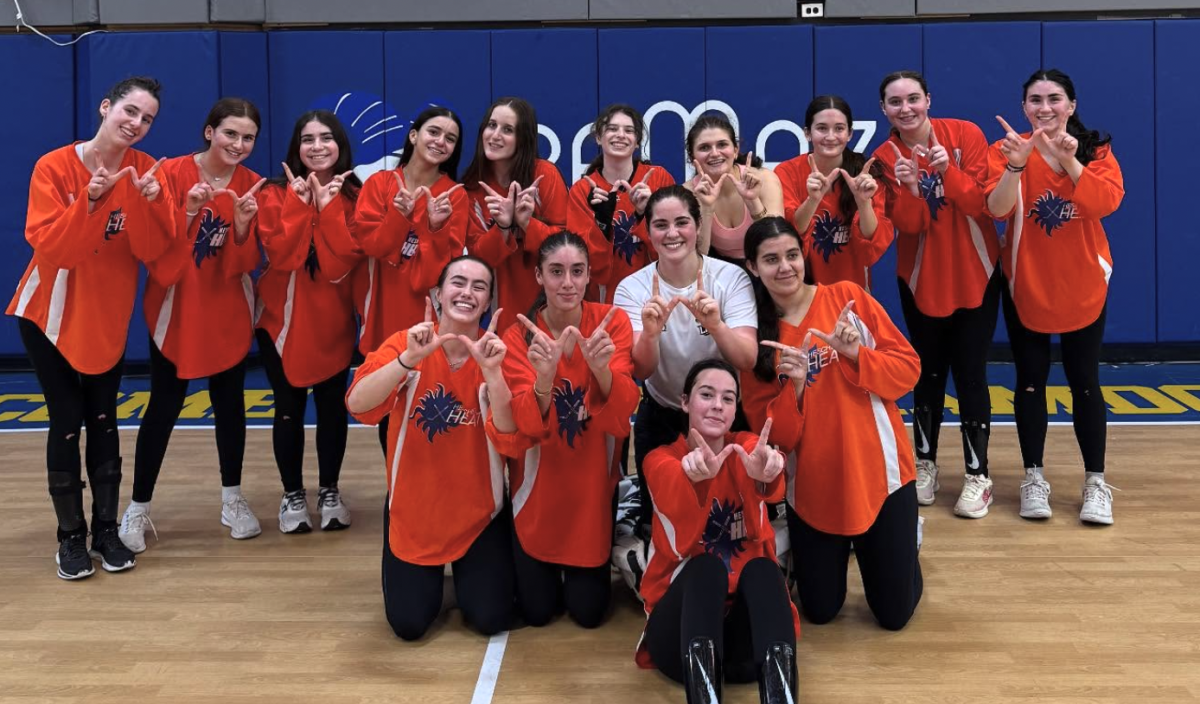The safety of Jewish students on college campuses has never been guaranteed. In recent years, specifically, Jewish professors and students have increasingly been targeted on college campuses. In 2018, Elizabeth Midlarsky, a Jewish professor at Columbia University, returned to find her office with two swastikas spray painted on the walls. In 2021, a survey revealed that the University of Vermont held the record for the highest number of anti-semitic acts with a whopping fifty-eight incidents.
The aforementioned statistics make it clear the aftermath of Oct. 7 didn’t mark the beginning of antisemitism on college campuses, but rather an intense spike in the hatred that has long existed.
Recently, my father and I were in a store near Columbia University, and he asked me to tuck-in the Magen David necklace I always wear. For my safety, I obliged. However, I felt as though I was hiding a core part of my identity. Driving home, we passed the street where all the fraternities and sororities at Columbia University are located. Suddenly, I noticed a Palestinian flag hanging outside one of the houses. I never perceived the Palestinian flag as a representation of danger; the recent pro-Palestine rallies, calling for the death to Jews, changed that. From this moment, I began to dedicate considerable thought into my safety as Jewish and Zionist in picking which college I attend.
Yet I came to the conclusion that antisemitism is too pervasive to try to avoid; I will not let it affect my college decision. Nonetheless, how safe I feel on campus will determine the manner in which I portray my Jewish identity, something I can control.





